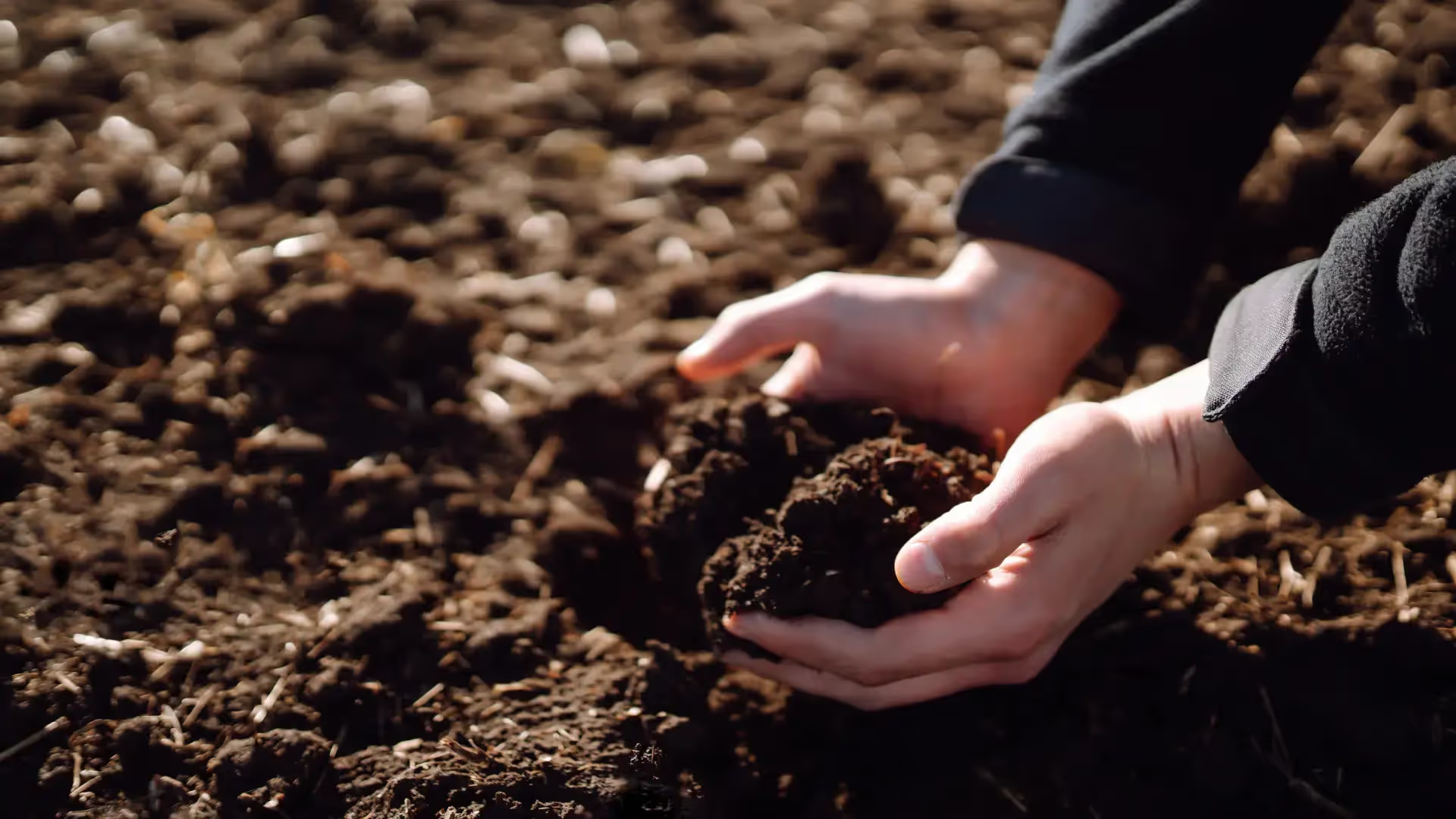Generalized approval is significant for scaling agriculture-based climate action. By providing generalized approval, the Climate Action Reserve acknowledges DNDC as a credible model for projects within an approved geographic range rather than continually reevaluating the model on a project-by-project basis. This gives project developers high confidence that Regrow and DNDC will enable them to achieve scalable, credible, and timely outcomes.
Learn about Regrow’s initial CAR approval here.
What is DNDC?
The Denitrification- Decomposition (DNDC) model, which has been peer-reviewed in more than 500 academic publications, is a scientific approach to estimating how much carbon, nitrous oxide and methane are emitted through various agricultural management practices across a global array of cropping systems. At Regrow, DNDC powers all of our solutions, including our Sustainability Insights tool for scalable scope 3 emissions tracking and project planning, and our Measurement, Reporting, and Verification (MRV) platform for executing and claiming the impact from field-level projects.
Explore the science behind DNDC.
Accelerating progress across significant supply chains
Our updated general approval with CAR means that partners can continue to invest in an expanding range of carbon farming projects with confidence that their work can scale quickly and credibly. It also means that partners working with Regrow can direct fewer resources towards administrative efforts around project auditing and focus more on the climate action itself.
Specifically, DNDC is now approved to estimate emissions from rice and cotton projects across key growing regions within the United States. Rice is one of the most emissions-intensive crops due to the relatively large amount of methane emitted during the process of flooding the paddies where rice is grown. Methane, according to the International Panel of Climate Change’s (IPCC) most recent assessment, has a heat trapping potential 28 times greater than that of carbon dioxide (source: IPCC), making this crop an increasingly urgent priority for companies selling rice, or rice-based products.
Cotton can also be a heavy-emitting crop, especially if cultivation relies on heavy use of nitrogen fertilizer, which is often the case with cotton. If not intentionally managed, overuse of nitrogen fertilizer can result in the release of nitrous oxide, another potent greenhouse gas, with a staggering 298 times the heat trapping potential of carbon dioxide (source: IPCC).
Regrow is already leveraging DNDC to help brands make progress in these two key supply chains. In the Mississippi River Delta, we are working with Kellanova and its rice suppliers to build resilient, low-emitting production systems. And in cotton, the U.S. Cotton Trust Protocol is working with Regrow and DNDC through a 50,000 acre project to meet its vision of setting a new standard for sustainable, low-emissions cotton production across all key growing regions in the continental US.
Regrow looks forward to continuing to work with partners to build scalable, credible climate action.
Learn more about our products powered by DNDC, including Regrow’s MRV and Sustainability Insights.



